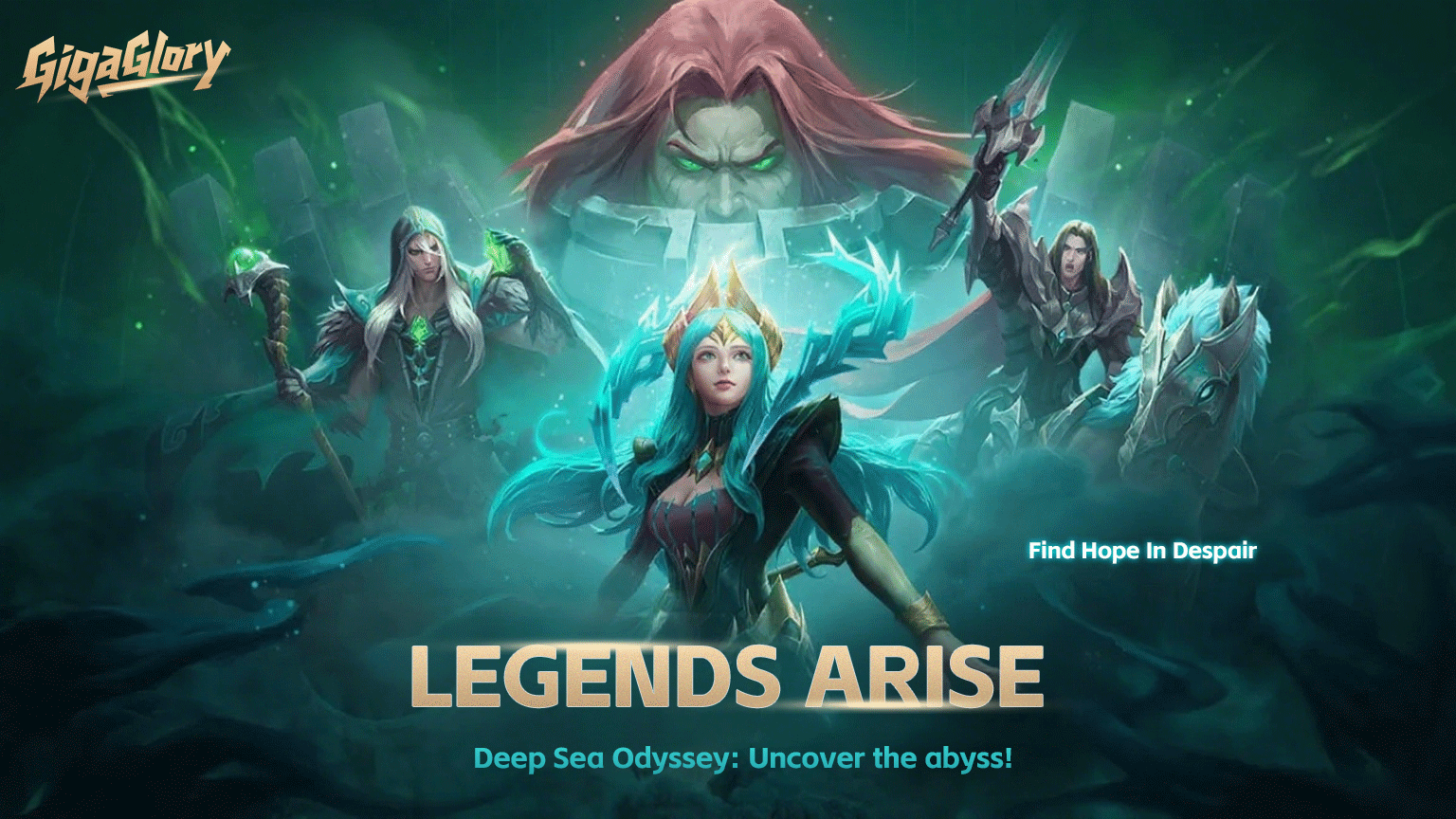Why Strategy Games Outshine Clicker Games: A Deep Dive into Gaming Preferences
The gaming landscape has evolved significantly over the years, with various genres vying for players’ attention. Among these, strategy games and clicker games take center stage. While both genres have their loyal fan bases, it’s clear that strategy games tend to overshadow clicker games in popularity and depth. This article will explore why strategy games like "Clash of Clans" become preferred choices, diving into player preferences, engagement levels, and the overall impact of game design.
The Engagement Factor
One of the primary reasons strategy games outperform clicker games lies in the level of engagement they require. Strategy games demand players to think critically and plan meticulously, offering a more immersive experience. In contrast, clicker games often provide a more passive gaming experience, which may not satiate players looking for depth in gameplay.
| Aspect | Strategy Games | Clicker Games |
|---|---|---|
| Player Involvement | High | Low-Medium |
| Game Depth | Deep | Shallow |
| Strategy & Planning | Essential | Minimal |
Player Preferences in Game Design
Understanding player preferences can be quite insightful. Games that require active strategizing, such as "Clash of Clans", resonate more with those looking for a challenge. This genre demands resource management, tactical thinking, and foresight, contributing to a more gratifying gaming experience. Here are a few key factors influencing player preferences:
- Challenge: Players often seek games that push their limits.
- Social Interaction: Many strategy games foster a community through competition and cooperation.
- Progression: Strategy games typically have a more satisfying progression system.
Comparing Game Mechanics
It's crucial to dissect the mechanics of these two genres. In strategy games, players continuously engage with various elements, such as managing resources, deploying units, and outsmarting opponents. On the other hand, clicker games usually revolve around repetitive actions that yield rewards, leading to a less stimulating experience. For example, the last war survival game featuring top heroes typically embraces more intricate mechanics than your typical clicker. The psychological effects of gameplay can be more pronounced in strategy games due to their complexity and the need for critical thinking.
Conclusion
In summary, the preference for strategy games over clicker games is rooted in the engagement level, depth of gameplay, and player preferences for challenge and progression. Games like "Clash of Clans" illustrate the popularity of strategy mechanics that demand planning and social interaction, while clicker games often fail to provide a similar experience. As gaming continues to evolve, understanding these preferences will be key for developers aiming to capture and retain players' attention.



